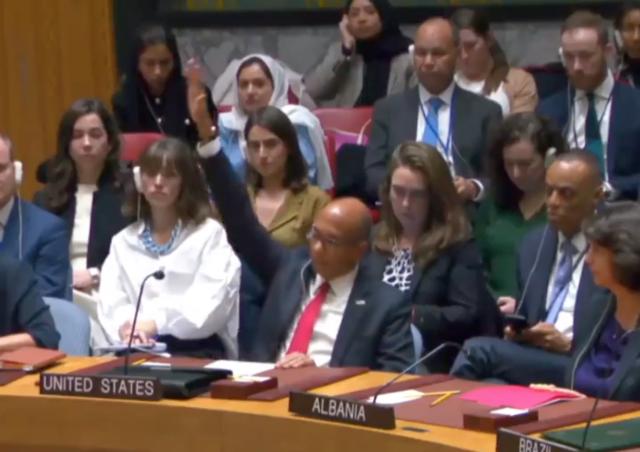The United States has recently put forward a draft resolution to the United Nations Security Council, calling for a temporary cease-fire in the ongoing conflict between Israel and Hamas. This move, aimed at preventing a large-scale ground offensive by Israel in Rafah, was disclosed through a document obtained by Reuters.
This initiative comes on the heels of the U.S. expressing its intention to veto an Algerian-proposed resolution that called for an immediate humanitarian cease-fire. The U.S. had concerns that the Algerian resolution might interfere with the delicate negotiations currently underway involving the U.S., Egypt, Israel, and Qatar. These talks are focused on achieving a cease-fire agreement and ensuring the release of hostages held by Hamas.
The United States has circulated a rival U.N. Security Council resolution that would support a temporary cease-fire in Gaza after rejecting an Arab-backed resolution demanding an immediate humanitarian cease-fire in the conflict-wracked territory. https://t.co/lWKwF6I2bs
— NEWSMAX (@NEWSMAX) February 19, 2024
Since the beginning of the war, the United States has shown hesitation in using the term “cease-fire” in discussions related to the Israel-Hamas conflict within the United Nations. However, the current proposal reflects a significant alignment with President Joe Biden's recent critique of Israeli policies which was brought on after increased pressure from the progressive wing of his Democrat party which threatened to pull support for him during an election year. The draft underlines the Security Council's endorsement of an immediate halt to hostilities in Gaza. This cease-fire is predicated on the release of all hostages and the elimination of barriers to the delivery of large-scale humanitarian aid.
In an approach that prioritizes diplomacy over immediate action, the U.S. is not pushing for a swift vote on the resolution. The draft details the severe implications of a potential major Israeli ground incursion into Rafah, a city where over a million Palestinians have sought shelter. It warns of the risk of a humanitarian catastrophe and the broader security ramifications for the region.
The United States has proposed an alternative draft United Nations Security Council resolution calling for a temporary ceasefire in the Israel-Hamas war. The US put forward the text after Algeria requested the council vote on its draft resolution https://t.co/vII57fWosR pic.twitter.com/DcnY5QSD59
— Reuters (@Reuters) February 20, 2024
The U.S. has a history of supporting Israel at the UN, often vetoing resolutions critical of Israel while occasionally abstaining to allow resolutions that promote aid to Gaza. This new proposal could represent a pivotal moment in U.S. diplomacy, possibly indicating a shift in its steadfast support for Israel at the UN. The draft resolution explicitly condemns any calls for altering the demographic composition of Gaza and opposes the creation of buffer zones. It highlights concerns regarding the territorial integrity of Gaza and the international legality of such measures, underscoring the need for a balanced approach that considers the humanitarian and security concerns in the region.


